Why Writing Is Power Even When You Don’t Have the Words for the Feelings (Alexithymia)
Survivor’s tool for reclaiming truth, voice, and justice
“The victim who is able to articulate the situation of the victim has ceased to be a victim: he or she has become a threat.”
I’m currently writing a five-part Substack series about my court case against the person who harmed me when I was 19. In june 2023, I confronted them. They were so arrogant they forgot who I had become—they saw me as the youth they once took advantage of. They admitted their crimes on camera, and audio fully aware I had surveillance in my home. but arrogance …
That admission broke open something that had wounded me for years.
When they later tried DARVO tactics—deny, attack, reverse victim and offender—and assembled new supporters after their long-term friends had abandoned them, I simply played back their own words. Then made a formal report to the justice system.
2023 was the year I began confronting my personal abusers—the ones who never thought the child would grow up. Who underestimated what happens when a child’s prefrontal cortex fully develops. Who forgot that the autistic child with a stutter and speech impediment would become a renowned public speaker, a nine-time award-winning advocate, author, and lecturer speaking truth to power.
But this work—this truth-telling—takes energy. And rest. And support. Support I’ve long been denied, being the first daughter, first granddaughter, and first niece in one of the last standing matriarchal lineages from the African continent.
This is one of the reasons I take my advocacy, activism, and education for others of utmost importance. When you know what its like to fight alone you want no one to experience that. Then the time comes when you must still after all that work cross continents stand alone and face your own fears and demons that have long haunted your nightmares and days awake.
But before I share this case in full, I want to explain to those of you who’ve gathered and subscribed and found me here why you—especially those who comment and write to me “I wish I could also write”—that you must write anyway.
Abusers Fear the Articulate Survivor—And They Should
I was 15 when I realized that abusers fear those who can name what was done to them.
That year, I arrived at school early—7:30 AM—begging the nurse for ibuprofen. When she asked why, I lifted my shirt and showed her rows of open, bleeding welts.
Horrified, she reported my mother—the woman who had beaten me with a TV rod for four hours the night before, pausing only to rest before continuing. And all of it, because of something her husband—my stepfather—had done.
The bruises on my body lasted for years. The pain in my heart, far longer. But the silence my family demanded from me? That lasted an eternity.
I was told I had brought shame to the family. Forced to lie. Made to rescind the police report. I had to uphold the illusion of the perfect mother.
I broke away from her many times, but I kept returning. Because her trauma, she said, was always greater than mine.
She laid the foundation for the abuse I would later endure.
Birthgiver apologized in 2023. Kind of. Sort of. She doesnt apologize she perambulates.
But no real healing began until I broke away for good. When I realised no ones trauma trumps another least of all the one who made a decision despite it to bring another life to pour their darkness into but cant hold their light. And still that child thrived.
Your Voice Is the Record They Fear: A Survivor’s Truth
A year later, from that incident I was approached at a shopping mall by a local newspaper and journalist. They asked me what I wanted parents to know. I paused and said:
“Don’t hurt your children—not their bodies, not their feelings. They deserve better.”
That one quote led to me being elected into a political youth party. But more importantly, it instilled fear in my mother. She never hit me again, she would use manipulation, theft and her sharpest words. She would also say to her sisters,
“This one will get me into trouble with her words.”
That lesson stuck: people who intentionally harm you often resent your ability to speak—especially when you speak truth publicly.
If you want me to write or speak of you kindly, then act accordingly.
Because how you behave—and how that behaviour makes a person feel, whether it’s processed in a year or a decade—is what will eventually be named.
My words are my protection. I don’t need to exaggerate. I don’t even need to name my emotions. Retelling what happened is enough. Everyone else can feel what they feel.
Just like the school nurse who recoiled at the sight of a child’s body—skin split in multiple places. Or child services, who frowned as they quietly took photos for evidence. Or the police officers who stared at me while I blatantly lied to protect my mother. I won’t forget my aunt’s gleeful face as she told me to “just behave” and not bring shame to the family. She always thrived off drama—especially when it wasn’t hers.
They all felt something that day.
I felt nothing. Not yet.
Because if I had let myself feel it then, I might not have survived long enough to become who I am now.
Alexithymia, Autism & Telling the Truth Anyway
As an autistic woman, I sometimes can’t name my feelings. That’s what alexithymia does. But I can name what happened with uncanny memory. I can recall facts. I can document patterns. I write not because I always understand how I feel, but because I have a deep understanding of what I’ve lived through. And that is valid.
Perhaps that’s my body’s way of protecting me until I am ready to process and remember
80% of autistic people are harmed by caregivers, partners, or friends.
8 out of 10 experience sexual trauma before age 21.
The numbers are devastating. But our silence won’t save us. Our words might.
My writing can often seem emotionless on the surface, but filled with facts and action. If you feel something from my words, maybe it’s because you’re feeling for me—while I’m still processing, slowly, the way many autistic people do.
For Anyone Who’s Been Told to Stay Silent
To those who have been called voiceless—you were never voiceless. You were unheard.
Writing doesn’t have to be poetic or polished. It can be raw. Messy. It can be bullet points—thoughts and affirmations. A list of what you survived. A reminder of how you did it.
It can be delayed emotional processing. An act of archiving the truth—for yourself, and for someone else who might one day read it and whisper, “I see myself in this. I’m not alone.”
I write because I can. Because I survived. Because someone else might see their own reflection in these words and finally begin to name their pain—or their joy. To celebrate the fact that they made it.
No one is voiceless. But many are silenced.
Some of us survive the unspeakable—and still write. Because writing is a map. A survival guide. A breadcrumb trail for someone else.
If that’s you, write even when your feelings have no names. Document your facts. You are the griot of your life—and sometimes, of the crimes others hope you’ll forget.
You never know who might find their voice in your pages.
A Note on My Writing
I don’t post from open wounds. I write from what I’ve already processed—sometimes many years later. If it’s online, it’s already gone through fire. I keep the raw parts offline. I’m not looking for “I’m sorry” comments. They often center the reader’s discomfort, not me the writer’s experience. I write to name truth, not to invite pity.
So Please read without projection.
Remember what I share is written after deep processing with experts and loved ones—not in the heat of trauma. If it stirs something in you, sit with it. Ask yourself why. This isn’t a request for comfort, rescue, or reconciliation. It’s a record.
I’ve found that when survivors speak, people—especially empaths—often insert their own pain, guilt, or need for resolution. They say “I’m sorry” not for the survivor, but to soothe the ache it brought up in themselves.
If you feel something, honor it. But don’t hand it to me.
This is my truth, not an invitation to rewrite it through your lens of forgiveness, discomfort, or denial. And if you’ve caused harm, understand: accountability is not a performance, and closure is not owed.
Who is Lovette Jallow?
Lovette Jallow is a 9 time award-winning author, speaker, and advocate specializing in neurodiversity, intersectionality, and human rights. As a Black autistic queer disabled woman, she has built one of Scandinavia’s largest separatist networks for Black women while championing equity and mutual care within marginalized communities. Lovette uses her platform to challenge societal norms, empower others, and redefine what authentic, inclusive communities look like.
Learn more about Lovette’s work at www.lovettejallow.com.


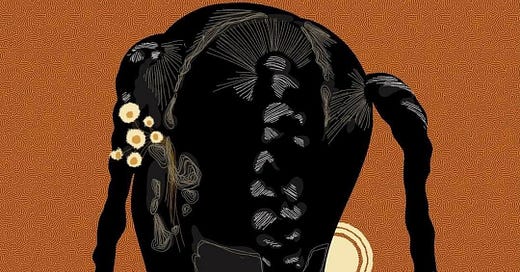



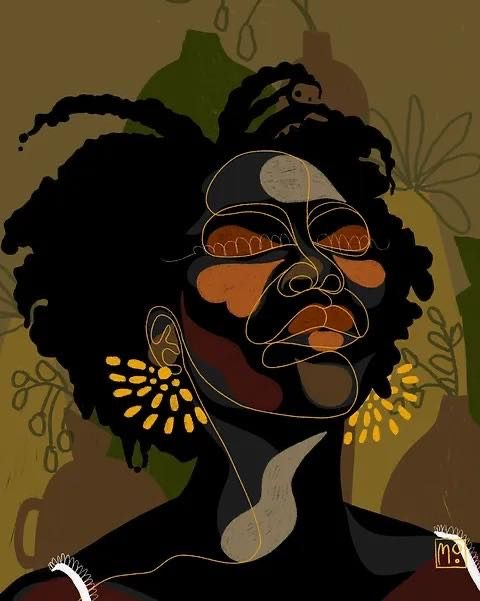

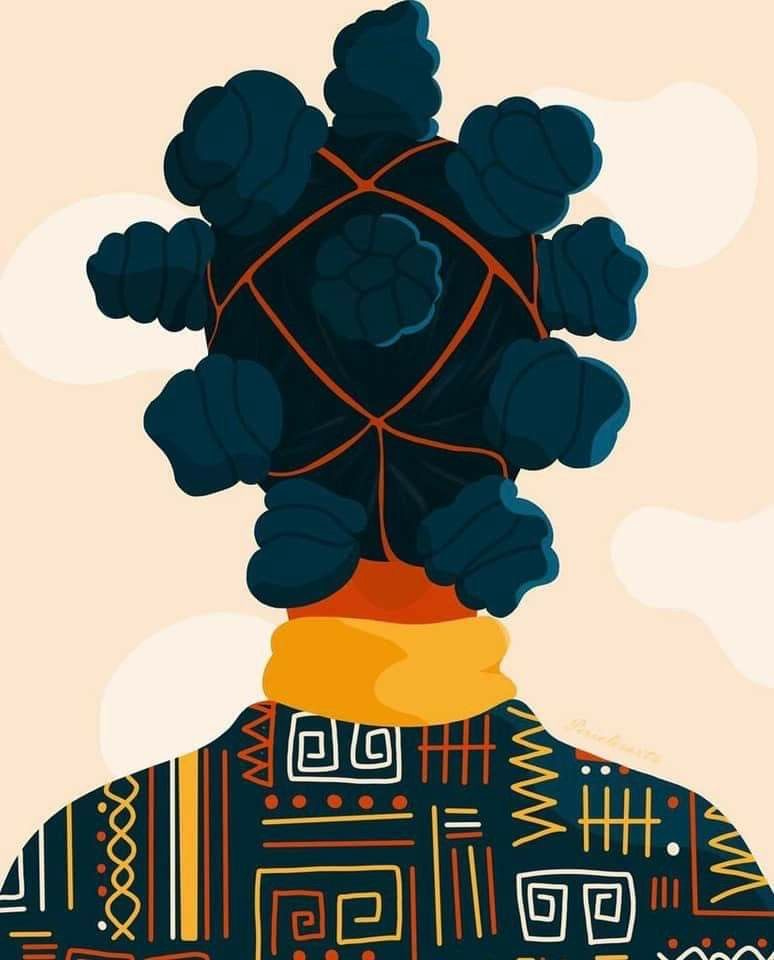
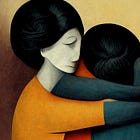
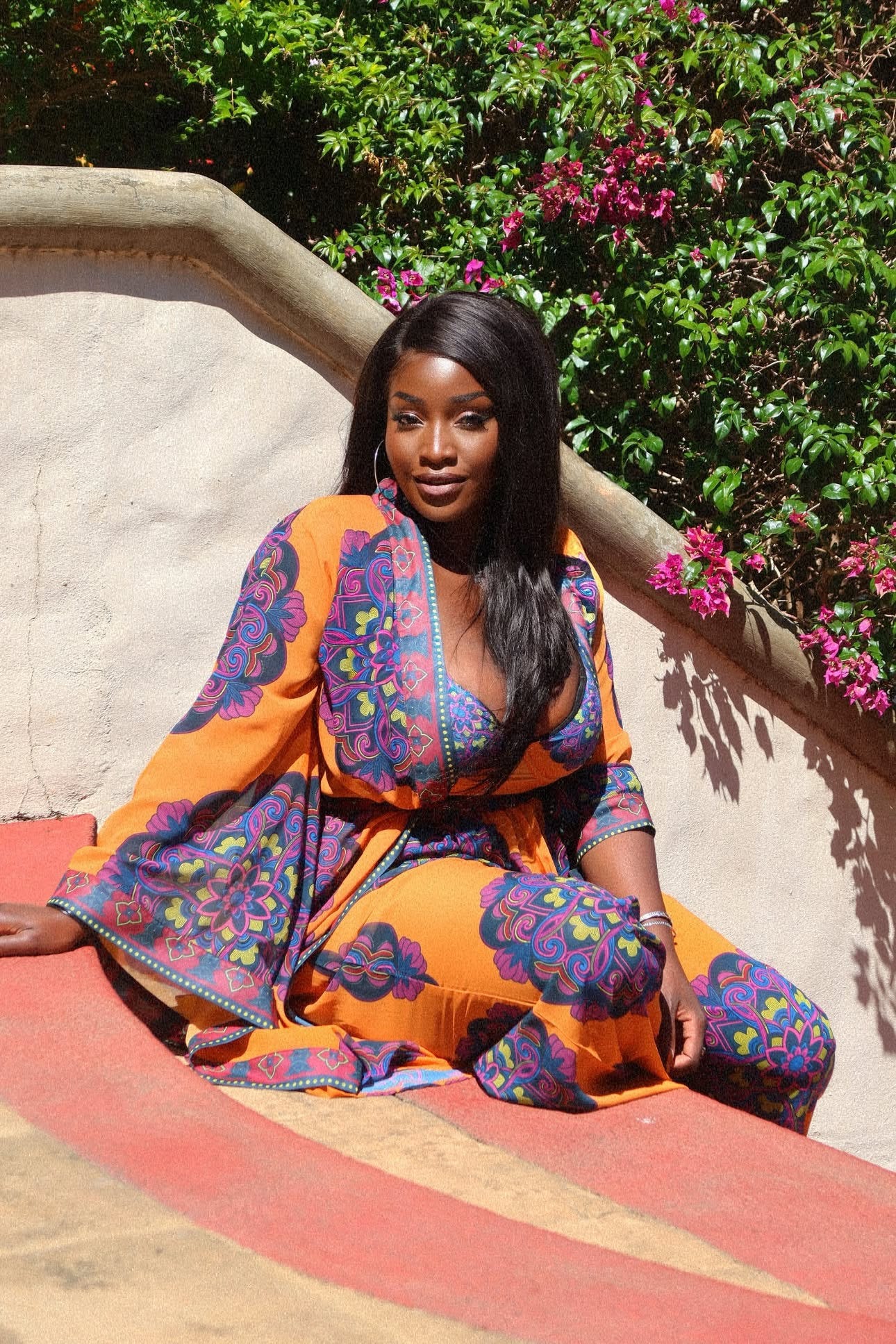
Wow, I have no words right now to explain the hurt you just helped to lift off of me. I am black, I am a woman, and I am autistic…. You know how my world is. I’ve only recently learned how to use my voice, and what you shared only re-affirmed what I’ve been telling myself. Thank you. From the bottom of my heart, thank you and keep going ♥️🫂 I’ll keep on writing myself, too.
Thank you!🫂🖤🫂